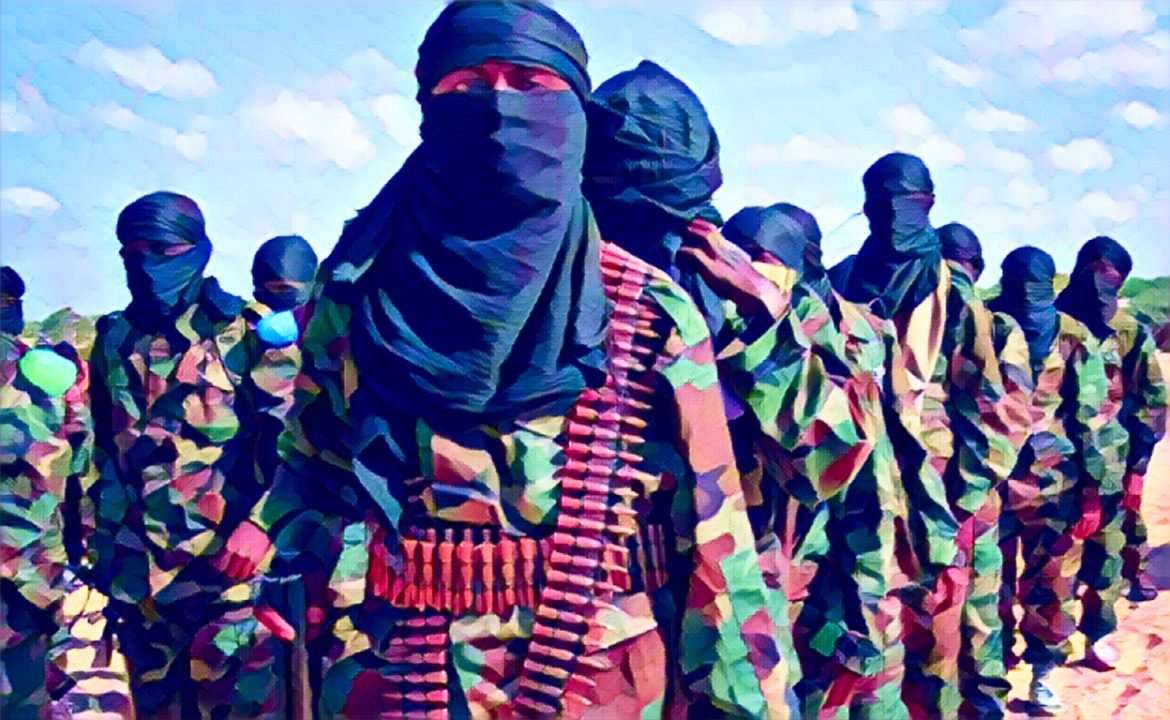KEY POINTS
-
Sahel intelligence agencies plan to name Nigerian politicians linked to bandits.
-
The focus keyphrase “Nigerian politicians linked to bandits” appears in the probe.
-
Disclosures may intensify regional and domestic security pressure.
Intelligence agencies from Niger, Mali, and Burkina Faso are preparing to disclose the identities of Nigerian politicians accused of backing armed bandit groups in the country’s North-West. Officials said the names are already in their possession, signaling a coordinated push to expose the political networks fueling insecurity across the region.
Sahel states plan joint disclosure
Counterterrorism analyst Zagazola Makama said the arrests of several individuals accused of supplying weapons to the gangs mark a turning point. He noted that ongoing investigations are mapping the extent of the arms pipelines, with a focus on how far the networks stretch across borders.
Makama added that the disclosures form part of a wider regional initiative to weaken cross-border criminal operations. The campaign highlights growing concerns about the overlap between political patronage, weapons trafficking, and organized violence in West Africa.
Regional intelligence officers have stressed that Niger, Mali, and Burkina Faso are deepening collaboration to confront shared threats. The three countries, which have also battled insurgencies and armed movements, are stepping up joint patrols, intelligence sharing, and coordinated security responses to limit the flow of fighters and weapons.
Political links to insecurity under scrutiny
Accoridng to Business Day, the planned revelations are expected to place added pressure on Abuja. Analysts say exposing senior Nigerian figures allegedly tied to banditry could force authorities to tighten border controls, enhance oversight of the political system, and commit more resources to cooperation with Sahelian neighbors.
Bandit groups in Nigeria’s North-West have grown into heavily armed militias over the last decade. Their attacks have led to mass abductions, violent raids on rural towns, and regular clashes with police and military personnel.
Officials in Abuja have consistently pointed to foreign arms trafficking and regional smuggling networks as drivers of the crisis. But the suggestion that political elites may be complicit is likely to complicate both domestic and regional efforts to stem the violence.


